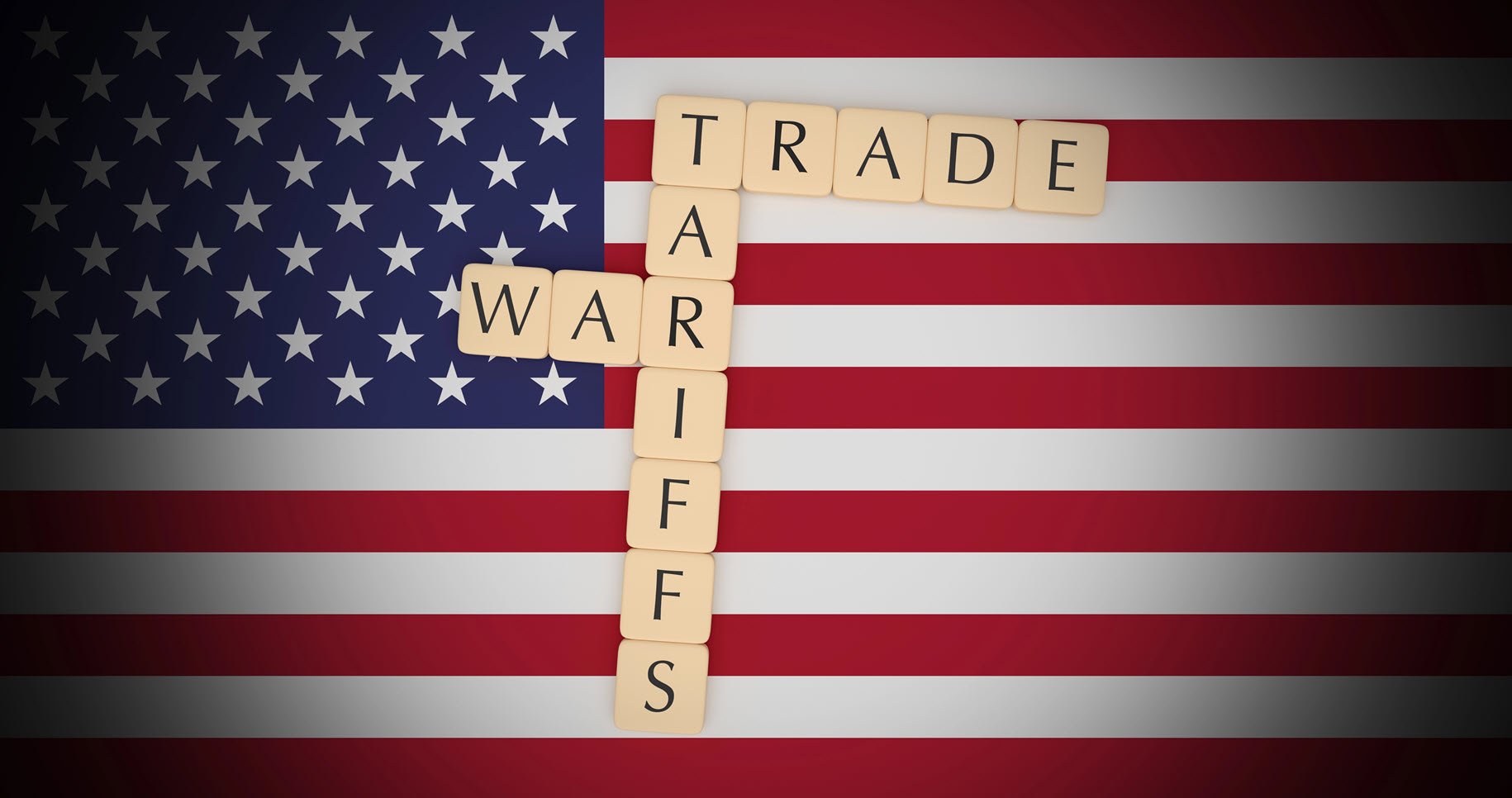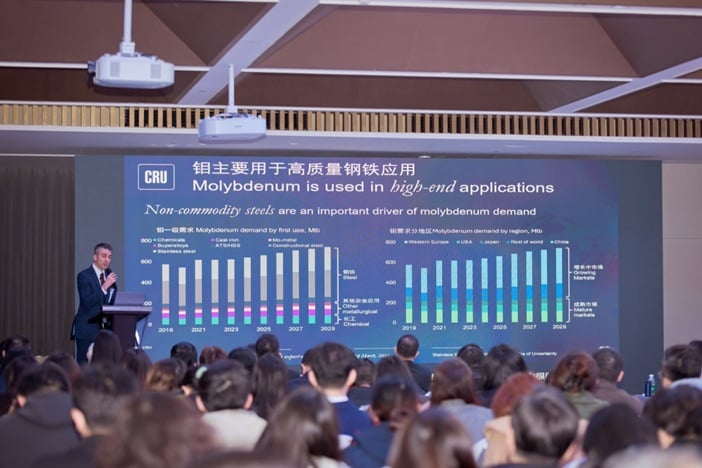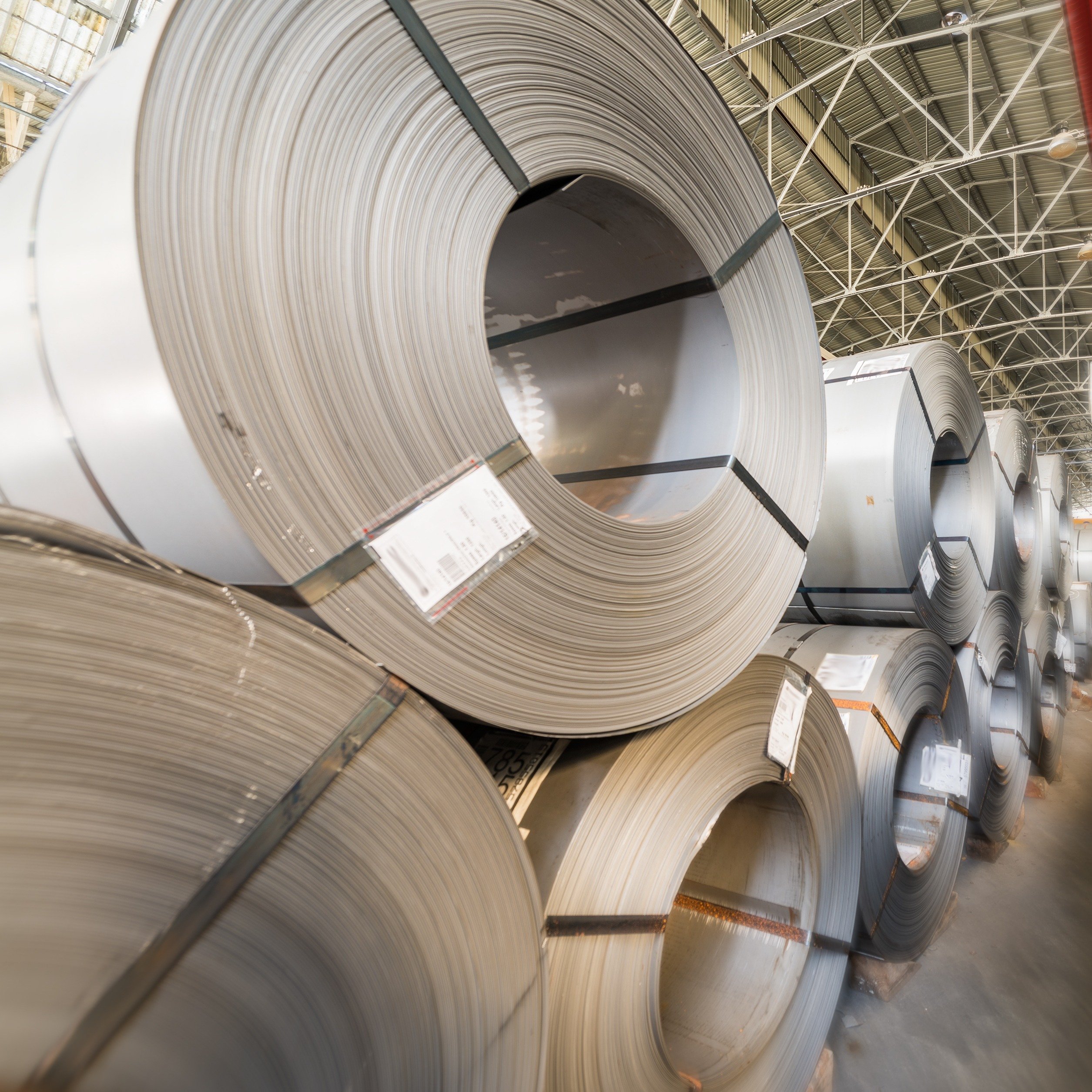Turkey’s longs export prices are a key benchmark in the global steel market. CRU has enhanced its Longs Premium Service by incorporating Turkish steel long products price forecasts to provide better strategic insights on the steel long products market.
CRU Longs Premium Service incorporates Turkish price forecasts
Turkey is a major player in the global steel market. As the second largest longs exporter in the world, with a crude steel production capacity of 59 Mt, Turkish steelmakers are able to shape price trends in the global steel longs market, considerably influencing the metallics market, as well as the largest seaborne scrap importers.
CRU expanded its Steel Longs Premium Service coverage by incorporating export price forecasts for:
- Reinforcing bar, spot price; Turkey, FOB (USD/ t)
- Wire rod, low carbon, mesh grade, spot price; Turkey, FOB (USD/ t)
Turkey supplied up to 30% of the global rebar exports
Turkish longs output in 2024 surpassed 28 Mt, making the country the fourth largest producer in the steel long industry. Turkey is the largest rebar exporter in the world, and its geographically advantageous position helped the country to consistently supply between ~18–30% of the global rebar exports in the past ten years.
The largest focus of Turkish exporters are the regions within geographical proximity. The Middle East received around 40–50% of the total rebar exports from Turkey in the past five years. The shares of Central & South America and Africa fluctuated between 10% and 20%. Meanwhile, 6–7% on average of the total rebar exports from Turkey in the same period was shipped to Europe and North America, respectively.
Turkish mills pricing adapts to overcome challenges
In the past few years, the Turkish steel sector had to adapt to changes in both the domestic and global markets. Turkish mills have struggled with sales, while margins have narrowed –given local economic challenges, tight monetary policy, increasing taxes and pricier energy costs.
Turkish exporters have also faced competition from Asian low-priced supply, while shipments to the Middle East were recently impacted by the geopolitical problems in the region.
In parallel, European sanctions on Russia have widened the market for Turkey, while Turkish rebar imports have remained largely cost competitive in the European market. According to CRU Asset Services data, Turkish mills rebar costs are lower compared to those in Europe. At the same time, sluggish European demand squeezed local prices and left less room for Turkish longs in 2024, which are also limited by EU safeguard quotas.
As a result of all these challenges, Turkish mills had to adjust their pricing strategies to keep their position in the market. To alleviate higher costs, steelmakers have put pressure on import scrap prices, while re-rolling mills used every opportunity to source low-priced billets. In addition, traders have been diversifying their export destinations globally.
Under these circumstances, Turkish steel product pricing has been impacted by various factors. CRU’s Turkish longs price forecast aims to provide strategic insights amid this complex landscape to support client’s decision-making.
Turkish longs prices are expected to start rising by mid-2025
Given the low demand in key export destinations in 2024, Turkish rebar export prices fell significantly, while margins dropped into negative territory during 2024 Q2–Q4 for many mills.
In 2025 Q1, we expect Turkish steel rebar prices will be under pressure due to persistently low demand. Moving to 2025 H2, with an expectation of export demand recovery and potentially better local buying activity, Turkish prices are forecast to grow as mills attempt to improve margins.
Contact us if you want to know more about the CRU Steel Longs Premium Service and price forecasts.

















